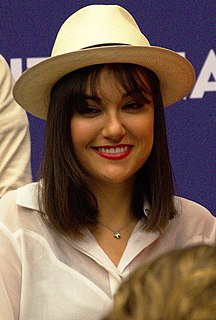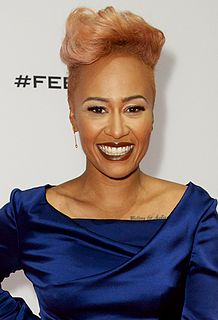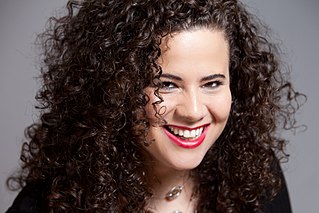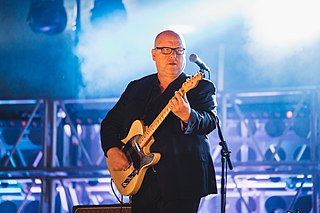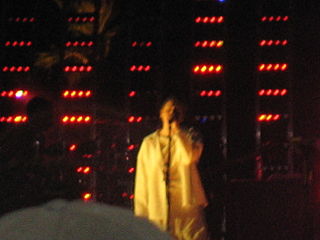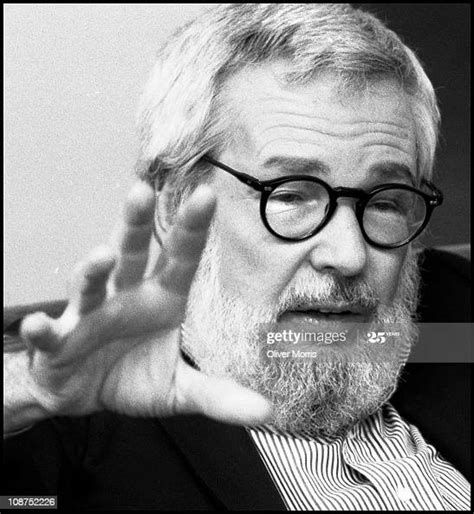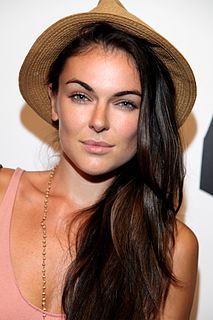A Quote by Sasha Grey
I'd like to think of myself as somebody who has a voice for liberating female sexuality.
Quote Topics
Related Quotes
I want a future where women and girls get to be the subject of their own sexuality, not the object of somebody else’s. That we are the main characters in our own play, not props in somebody else’s—which is how women’s sexuality is treated now. Whatever the outside attitudes about sexuality it’s always about somebody’s agenda for us, and I want a world where we can have our own.
Sexuality is so much more complex than our boobs. My sexuality isn't me as an object to be looked at. It's the way I say "hello" to somebody, the way I sit with somebody. A body is just a body. But we're really afraid of bodies. They hold a lot of power - I think that's why people can try to shame them so easily, because they are so powerful.
I think it's just that as a creative person, in all the different things that I've done or ways that I've found to express myself, I've consistently come up against resistance in certain areas. I think that the world is not comfortable with female sexuality. It's always coming from a male point of view, and a woman is being objectified by a man - and even women are comfortable with that. But when a woman does it, ironically, women are uncomfortable with it. I think a lot of that has to do with conditioning.
